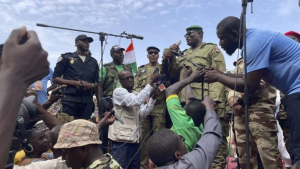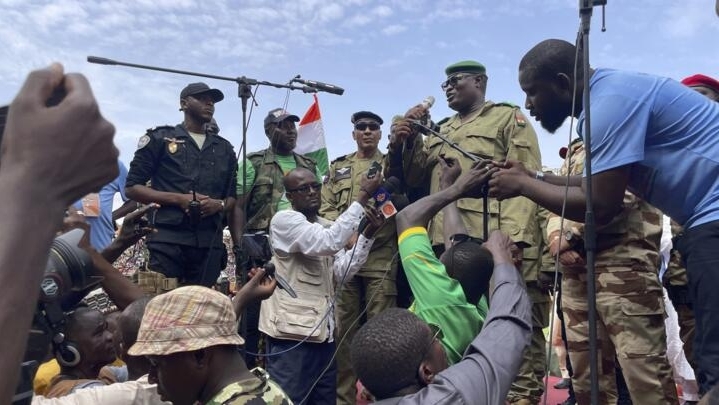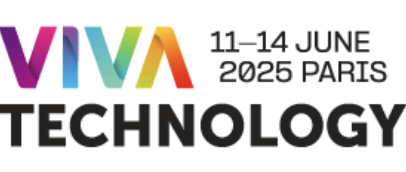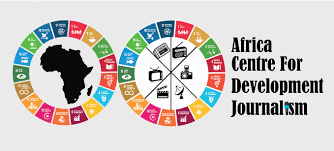OP-ED | African youth and the challenge of coup d’etats: Insights from the 2023 Africa Governance Report, By Lennon Monyae and Bhaso Ndzendze
Young people have made it clear that the narrow conceptualization of the concept of UCGs as only military takeovers is flawed and leads to missed opportunities for the creation of lasting solutions that encompass the varying dimensions of this phenomenon.

The latest milestone of the African Peer Review Mechanism (APRM) was the release of its third edition of the Africa Governance Report (AGR23) in July, which focused on the resurgence of coup d’etats or Unconstitutional Changes of Government (UCGs) in Africa. This timely report was commissioned by the AU Assembly and prepared by the APRM on behalf of the entire African Governance Architecture (AGA).
From a historiographical lens and through rigorous legal and institutional analyses, the AGR23 offers invaluable insights into the rising numbers of coups d’état and strategies for addressing them. The methodological strength of the AGR23 is evident in its utilisation of specific case studies of APRM Targeted Reviews undertaken in Lesotho, Sierra Leone, Chad, Guinea, Sudan, and Comoros. By examining drivers, trends, causes, and triggers of UCGs from 1999 to 2022, the AGR presents a bird’s-eye view of the complex phenomenon of UCGs in Africa from the independence era (1950s-present).
As Africa’s largest demographic, it is imperative to understand the youth’s viewpoints and ideas for reversing the trend of UCGs. In the wake of the AGR23’s launch and ECOWAS’s response to the coup in Niger, a tapestry of insights has emerged from online analysis, including Twitter Spaces, webinars, and opinion pieces. This article incorporates some of the fundamental ideas that emerged from these platforms, shedding light on the youth’s role in shaping Africa’s governance landscape.
Is Africa’s youth bulge a time-bomb going off?
Africa’s youthful population was poised to create its demographic dividend, yet recent support by young people for undemocratic power shifts indicates that the youth could potentially be a catalyst for instability. Approximately 60% of Africa’s population is under the age of 25, which is projected to increase by approximately 42% by 2030 and double by 2055. As such, the adverse impacts of UCGs on young people require lasting solutions.
Although the African Union has developed various policy frameworks for youth inclusion in governance, such as the African Youth Charter (AYC), young people generally feel these frameworks have not translated into improved democratic governance, civil liberties, and transparent elections. Being the world’s youngest continent with a median age of 20 and home to its fastest-growing population, there is a growing projection that coups will continue to happen in Africa due to increased fierce competition over limited resources between young people and the older generation.
Questioning Africa’s post-independence democratic systems
UCGs threaten to reverse the democratization process Africa has achieved in the past two decades by normalising coups. After its third wave of democratisation in the 1990s, Africa is now grappling with a resurgence of coups, with military juntas effectively running countries such as Mali, Burkina Faso, Guinea, Sudan, Niger, and now Gabon. More countries with fragile democracies are also at risk.
African coupists who deposed civilian governments often cite misgovernance as the reason for their takeovers. For instance, in Niger, President Mohamed Bazoum was deposed by General Abdourahmane Tchiani, who cited insecurity, economic challenges and corruption as the reasons for his takeover. The following are some of the key reasons why African youth have welcomed coups:
Firstly, there is a general sense of frustration among young people about high levels of corruption, misgovernance and lack of development. As a result, young people, who often face limited opportunities and economic hardships, have started to view coups as a means to disrupt the status quo and address misgovernance.
Secondly, there is a growing desire for change. Since political systems have become stagnant and unresponsive to the needs of the population, young people have begun to view coups as a vehicle to bring about speedy change and new leadership. In this regard, countries that have had family dynasties and leaders manipulating the constitution to remain in power are at risk of being toppled by the army, as had just happened in Gabon with President Ali Bongo and earlier in Guinea, where President Alpha Konde was deposed after he had successfully revised the constitution to run for a third term.
Thirdly, there is a lack of trust in democratic processes. Flawed democratic systems, especially the mismanagement of elections, have increasingly become a common phenomenon in Africa. To this end, young people’s support for coups can be viewed as a way of bypassing perceived election fraud, voter manipulation, and the perpetuation of elite interests. As a result, coups are seen as pathways for removing flawed democratic systems.
Fourthly, the influence of social media cannot be overstated. Social platforms have the potency to amplify discontent and spread narratives around the potential benefits of coups. To this end, young Africans continue to have access to online discussions, memes and videos that romanticise coups. Social media tend to be more effective in societies where there is inadequate civic education, leading young people to misunderstand the consequences of coups and the importance of democratic institutions. Hence, popular uprisings are greeted with the suspension of the internet as a countermeasure to counter social media influence.
AGR23 provides a unique approach to understanding Africa’s coups, why they have taken place, and how they can be prevented in the near future. It is important that AGR23’s findings are disseminated widely among Africa’s youthful population. Subsequently, young people would be able to participate in co-creating the solutions to the menace of coups and not erroneously champion them. It is obvious that coups continue to happen because of weak social contracts between the state and citizens.
This has led African youth to begin to demand real and tangible dividends from democracy, such as protection of civil liberties, employment and job creation, youth participation in decision-making, transparent and credible voting processes, among others. Young people have made it clear that the narrow conceptualization of the concept of UCGs as only military takeovers is flawed and leads to missed opportunities for the creation of lasting solutions that encompass the varying dimensions of this phenomenon.
Therefore, this debate has just begun!
Monyae is a PhD candidate in political science at the University of Johannesburg (UJ) and researches youth and governance at the APRM. While Ndzendze is an associate professor at the department of politics and international relations at UJ. The views shared in this op-ed are those of the authors and not of their organisations.














